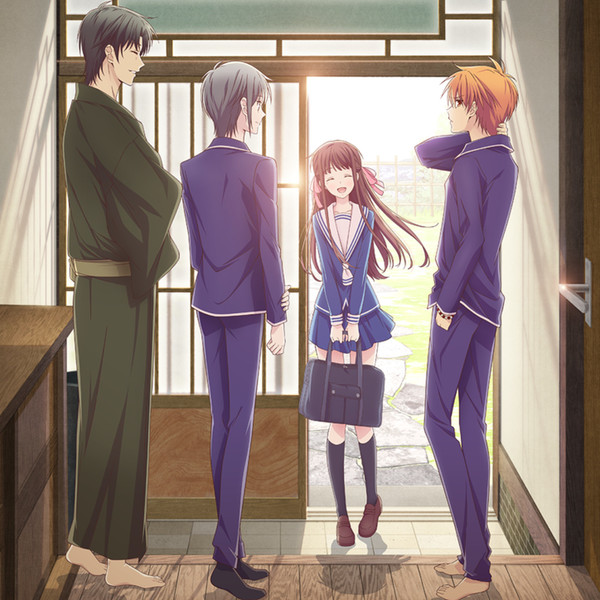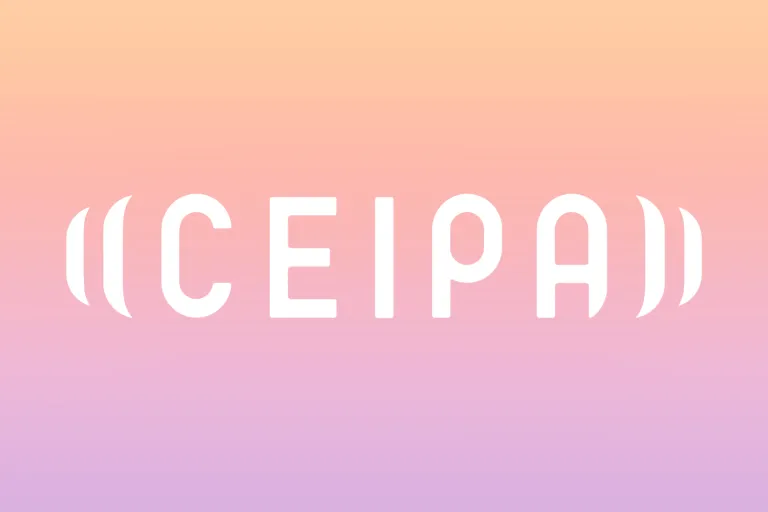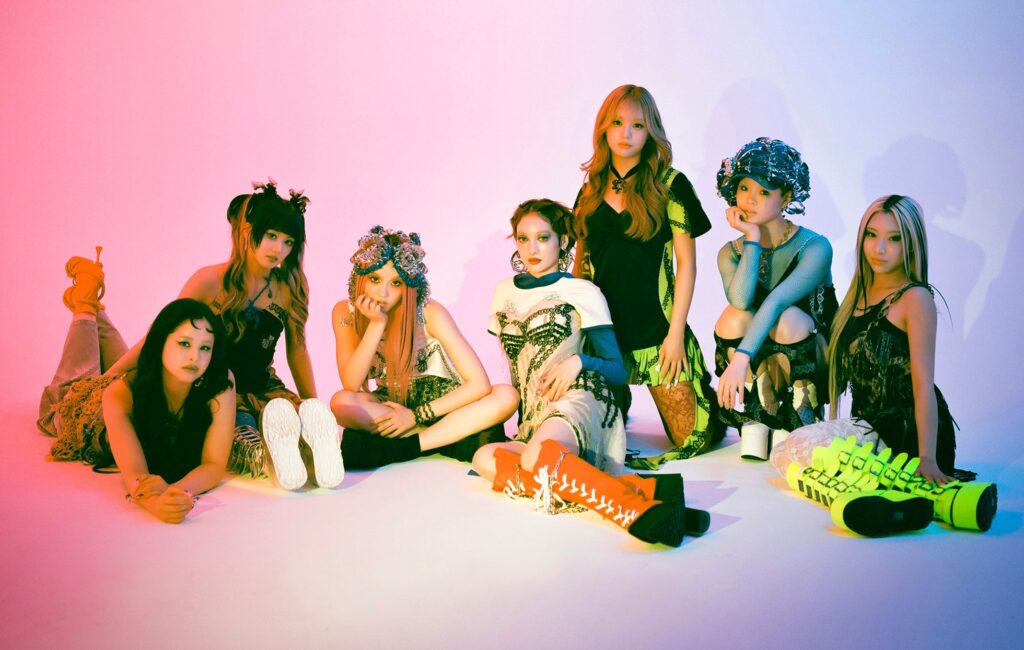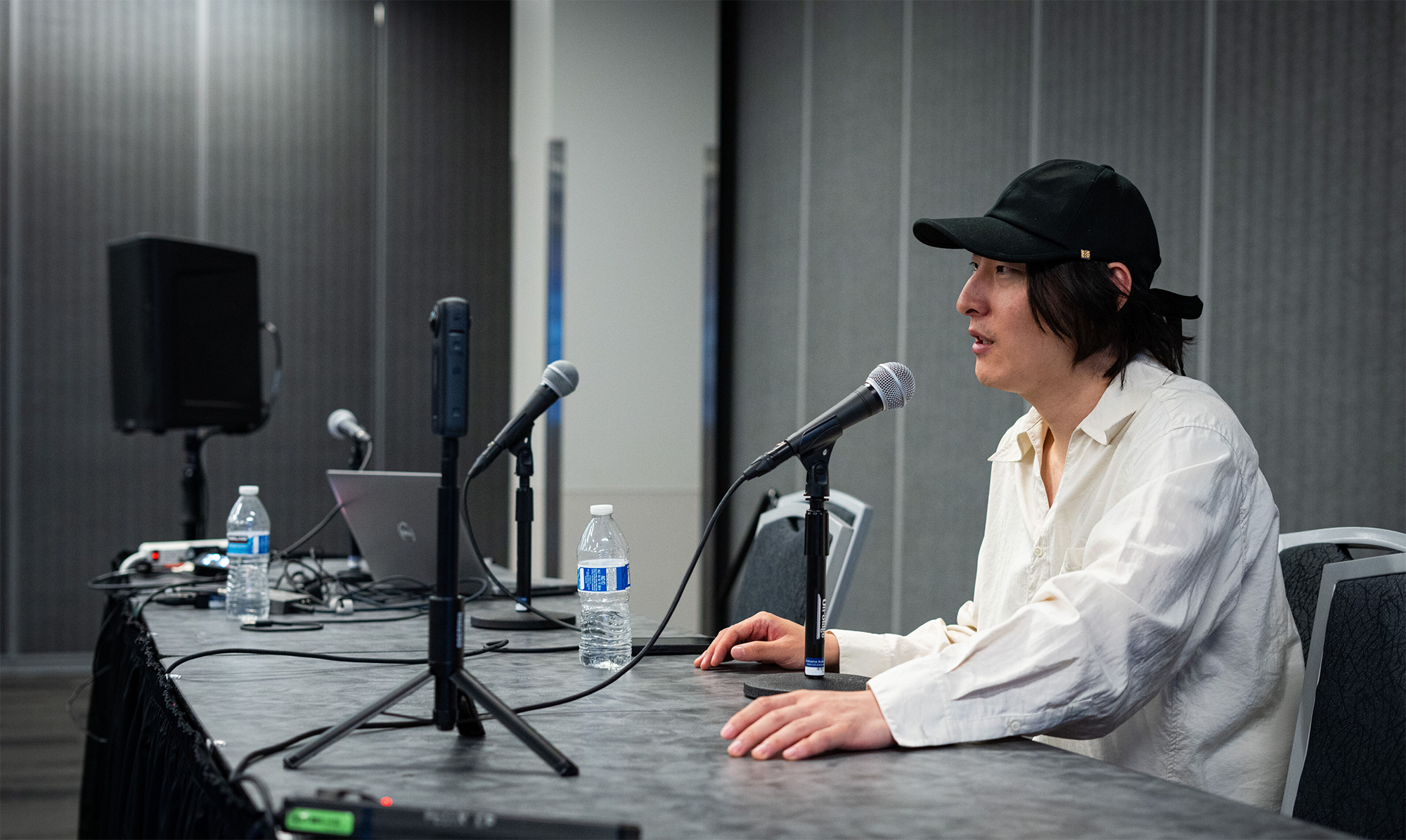By Jason Yu
Entering the interview room at Fanime 2025, I was greeted by white walls, neatly arranged tables, and a rare moment of calm amid the convention’s energy. Sitting across from me was Japanese singer-songwriter Vickeblanka, waiting patiently with a warm smile and a relaxed presence.
Even though I primarily work in the K-pop industry, my personal playlists are packed with J-pop. Few artists have captured my attention quite like Vickeblanka. His song “Black Rover,” the high-energy opening from Black Clover, has been a long-time favorite of mine, so sitting down with him felt like meeting the voice behind a major part of my anime journey.
With Vickeblanka expanding his reach into the West in recent years, I knew this was a special opportunity. I wanted to hear his thoughts on his career, the growing presence of J-pop abroad, and why anime music continues to resonate so strongly with Western fans.
He greeted me with an easy laugh. “Honestly, I need more time to walk around San Jose,” he said, glancing around the quiet room. Despite his growing global fame, he carried himself with a lighthearted humility that set the tone for our conversation.
I wanted to start off by asking about his connection to perhaps, Japan’s biggest pop culture export: anime and manga. So naturally, when I asked whether he was always a fan of anime and manga, his eyes lit up.
“Of course, all Japanese are like that,” he said with a grin. “As a kid, I drew, I wrote, I read Dragon Ball, Yu Yu Hakusho, Naruto… a lot of manga, a lot of anime. I loved them all.”
But while anime may have influenced his creative imagination, music was his first calling.
“At first, I didn’t imagine I’d be an anime singer,” he admitted. “I just wanted to be a J-pop singer-songwriter. When I was in elementary school, my teacher told me, ‘You can become a great singer.’ I believed it. That’s the simple reason I started.”
His belief from his teacher would soon pay off. Vickeblanka would eventually create one of his biggest hits: “Black Rover.” But when I asked him if he knew the song would explode in popularity, he had no clue it would catch on so fast.
“Honestly, I didn’t expect it to become so popular,” he laughed. “At first, it was just a light offer from my director, ‘Do you want to write a theme song for anime?’ I said, ‘Sure!’ But now it’s streamed almost a billion times worldwide. None of us could have imagined that.”
Another one of his songs, “Black Catcher,” would be a huge hit among anime fans, as well.
After talking about his hit songs, we moved onto songwriting. Vickeblanka keeps it simple, as he approaches each track with clear intention. For him, creating a personal song and writing an anime theme are two entirely different experiences, both meaningful, but driven by distinct emotions.
“Usually, I separate the two types of songs,” he explained. “One is personal, and the other is for anime or film.”
He leaned forward slightly, thoughtful as he described the difference.
“Writing a personal song is actually much harder,” he said. “You have to face yourself like looking into a mirror. You ask, ‘What do I want to say? What do I really feel?’ It’s a complicated process because you’re digging deep inside.”
In contrast, composing for anime feels more instinctive, almost effortless.
“When I write a theme song, the story already exists,” he shared. “There’s a culture, a world, and emotion that you can dive into. The song comes to my head very easily. It’s like stepping into someone else’s universe and letting the music guide you.”
That creative clarity is what gives tracks like “Black Rover” and his Fruits Basket theme song their emotional weight. They’re not just soundtracks, but musical reflections of the stories they represent, making it easier to create songs for anime.
“Both are great to create,” he concluded with a smile. “But for anime, it’s easier to write, because the story is already telling you what the heart wants to say.”
As our conversation deepened, we moved beyond songwriting and into something larger: the growing presence of Japanese music on the global stage.
In recent years, artists like Nano, MADKID, and now Vickeblanka himself have become part of a new wave of J-pop performers reaching Western audiences through anime conventions, tours, and streaming platforms.
I asked him: Do you feel pressure and this sense of responsibility to represent Japan when you tour here in the US?
“Yeah, of course,” he said without hesitation. “Thankfully, I’ve come to North America many times as a Japanese artist and as an anime-theme singer. I think I have a responsibility to promote what Japanese music really is what J-pop is.”
When I mentioned that Asian pop culture, especially K-pop and anime, are huge here in the West, the singer-songwriter agreed. His hope is that the success of Japanese music in the West will soon follow.
“K-pop is already mainstream in North America. It’s part of the culture now. But J-pop isn’t quite there yet. We still need more eyes and more artists trying to show how good Japanese music is.”

To make J-pop more popular in the West, he believes Japan already has the key ingrident: storytelling.
“The hint of victory,” he explained, “is anime. Anime and manga are totally Japanese culture. If we show the world how great anime is, then the music can follow. The two are connected, as they grow together.”
As we discussed ways J-pop could further expand overseas, I mentioned CEIPA — the Japan Culture and Entertainment Industry Promotion Association — a joint organization founded by Japan’s five major music associations to promote Japanese music and culture globally.

To my surprise, Vickeblanka and his team hadn’t heard of CEIPA before, and their curiosity was immediate. I explained how CEIPA’s initiatives, such as the Music Awards Japan (MAJ) and the Music Way Project in collaboration with the Toyota Group, aim to support artists, encourage international collaboration, and ensure the sustainable growth of Japanese music through global outreach and digital innovation.
After briefly explaining this, his manager and interpreter immediately pulled out their phones to look up CEIPA, intrigued by the organization. Vickeblanka and his team had genuinely never heard of it before ,which isn’t surprising, as CEIPA is still relatively new, having launched in December 2023, and hasn’t yet been widely promoted among Japanese artists.
For an artist like Vickeblanka, who’s already building bridges between Japan and the world, CEIPA’s goals seemed to perfectly align with his vision. As we wrapped up the topic, there was a shared sense of excitement — and perhaps a few new ideas for how Japan’s creative industry could continue building its presence on the global stage.
He spoke candidly about the differences in production quality between Japanese and Western music, not out of criticism, but out of respect.
“We also need to keep building up the quality of J-pop,” he said. “North American mixing is powerful — every sound is shaped and clear. Japanese mixing is sometimes messy or just loud,” he laughed. “We need to learn from that, to raise our level while keeping what makes J-pop unique.”
For Vickeblanka, it’s not about imitation: it’s about evolution.
“J-pop already has its own color,” he emphasized. “It’s good, it’s unique. But we can still grow. And if we combine that with anime, I think Japanese music can really reach the world.”
When the topic turned to live performances, Vickeblanka’s face lit up. Touring, after all, is where his connection with fans truly comes alive and where the cultural differences between audiences become the most striking.
“It’s totally different,” he said immediately. “Like… another level.”
In Japan, concerts often feel reverent, almost cinematic. Fans arrive with precision, moving in harmony, responding together, and listening intently to every note.
“In Japan, people try to listen carefully, to focus,” he explained. “When I play a ballad, they stay silent. They’re watching, waiting. It’s like a movie.”
Moving onto how Japanese audiences get involved during concerts, the singer-songwriter recalled how these fans often synchronize their movements, with clapping, swaying, or even raising their hands in perfect unison.
“Everybody moves the same,” he said, laughing. “It’s Japanese — we like harmony! But in North America… people just move how they want. One person is dancing, another is waving, someone else is jumping and I love that! It’s so free.”
After Vickeblanka said that, I commented how electronic pop trio, Perfume, also heavily emphasize hand movement dances in their concerts. I told him that during their concerts, I was compelled to copy fellow fans rhymic hand and arm movements, since everyone else was doing it and were having a blast doing so.
The singer-songwriter laughed and agreed with my assessment, as Japanese fans are all about unity. Yet, he pointed out the differences between his country and North American fans.
“Japanese fans want to be together, to match each other,” he said. “But North American fans, they want to be themselves. And that freedom… I really enjoy it.”
It’s a contrast that has shaped how he approaches each show, embracing the silence of Japanese halls with as much affection as the louder enthusiasm of Western crowds.
“Both are beautiful in their own way,” he said. “But in North America, it feels more spontaneous. You feel that energy right away.”
As the interview wound down, I shifted gears from global music talk to something a little more personal. What would Vickeblanka be doing if he hadn’t become a singer-songwriter?
He thought for a moment before grinning.
“Maybe a writer,” he said. “Or a painter.”
It wasn’t hard to picture. Even as he spoke, he described creative pursuits with an artist’s detail — storytelling, sketching, imagining.
“When I was a kid, I loved to paint,” he shared. “And I was really good at writing stories. In school, my best abilities were writing, painting, and singing. I chose singing… but maybe I could have become an author or painter instead.”
He laughed and added,
“Author sounds more cool, right? More professional.”
We both chuckled at the thought, a version of Vickeblanka seated behind a canvas or penning a novel instead of commanding a stage.
Of course, no interview with a J-pop artist would be complete without a question about K-pop, our signature question here at Popsori. Vickeblanka didn’t hesitate.
“I like K-pop very much,” he said warmly. “I don’t care about borders. I just like good music. K-pop has great melodies, strong kicks, and powerful choruses. There’s a lot of American influence, and I respect that.”

When asked which groups he enjoys, his eyes widened with nostalgia.
“TVXQ, of course! They’re legends,” he said proudly. “And groups like TWICE, IZ*ONE, Super Junior… and XG too. They’re very good. They can become worldwide musicians. We’re actually in the same label, Avex!”
It was the perfect note to end on, a moment that captured his spirit: open-minded, deeply creative, and endlessly curious about music across cultures.
As we wrapped up, I thanked him for his time, still smiling from our conversation.
In an industry that often draws lines between genres, languages, and borders, Vickeblanka sees only one thing: good music. As his world tours continue, he hopes more fans discover just how universal his songs can be.
—
A special thank you to Vickeblanka and his team for making time for this interview. It was an honor to sit down with him, hear his story, and talk about what it’ll take for J-pop to shine even brighter in the West.



